|
You’ve been caught off guard by any of a thousand unwelcome circumstances.
A frightening diagnosis. A financial setback. A deadline you can’t meet. A relationship you can’t repair. A global pandemic disrupting every aspect of life. The possibilities are endless. The result is the same. Stress, worry, and anxiety overtake you. Perhaps they have paralyzed you just when you most need clear thinking or decisive action. But you are frozen in fear. Regardless of the source of anxiety you face, the Bible offers followers of Jesus some simple, yet profound advice. Click here to
0 Comments
Let’s cut through the confusion. While it is true that there are many people and religions with differing opinions on a variety of topics, it is also true that Christians have made the same essential claims about Jesus Christ that were taught by his disciples in the first century and affirmed in every generation since.
Click here to
We’ll all experience the grief of losing a loved one during our lifetime. For many, these periods of loss cause us to question what exactly takes place after death. For others, watching parents age or experiencing a near-death accident can bring up such thoughts.
Regardless of the religion with which you identify, or what your personal experience has been with death, it may be useful to learn about the Christian view of the afterlife as it's a widely accepted one in many parts of the world. Click here to
|
AuthorsFr. Jack Estes is the rector of Ascension Anglican Church. Fr. Randy Messick is Ascension's Associate Priest. Archives
June 2023
Categories
All
|


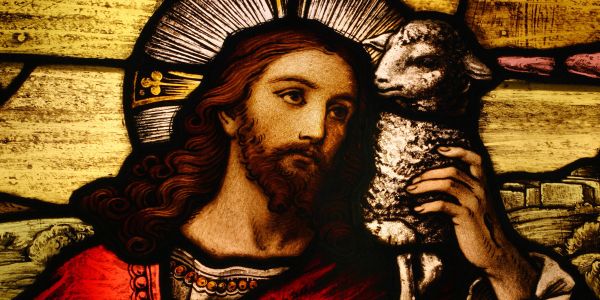

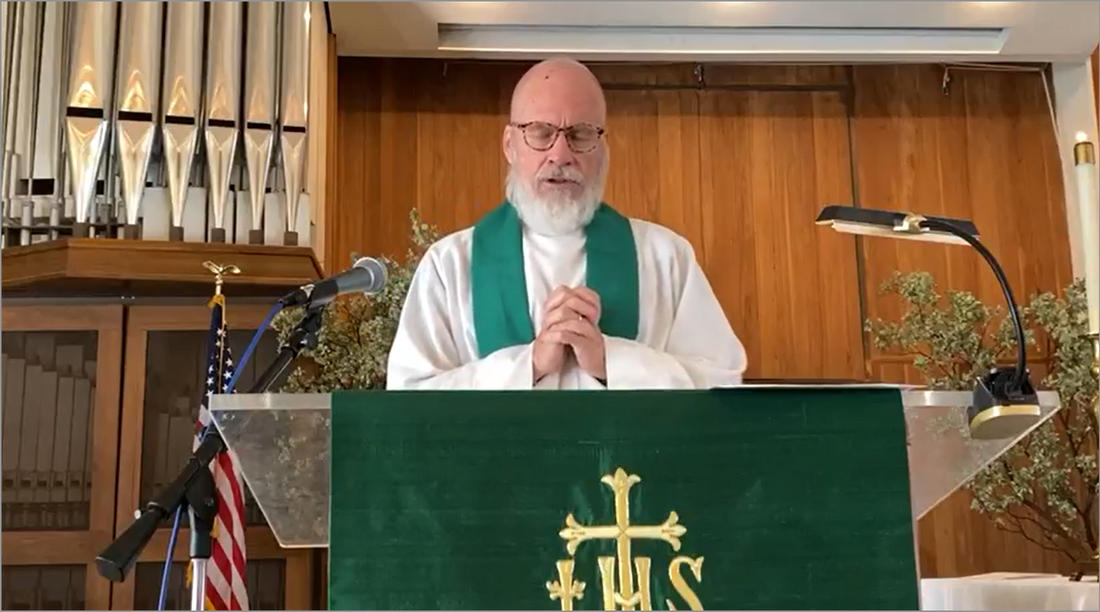

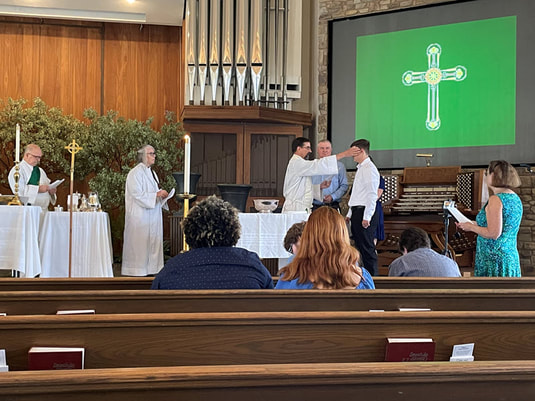
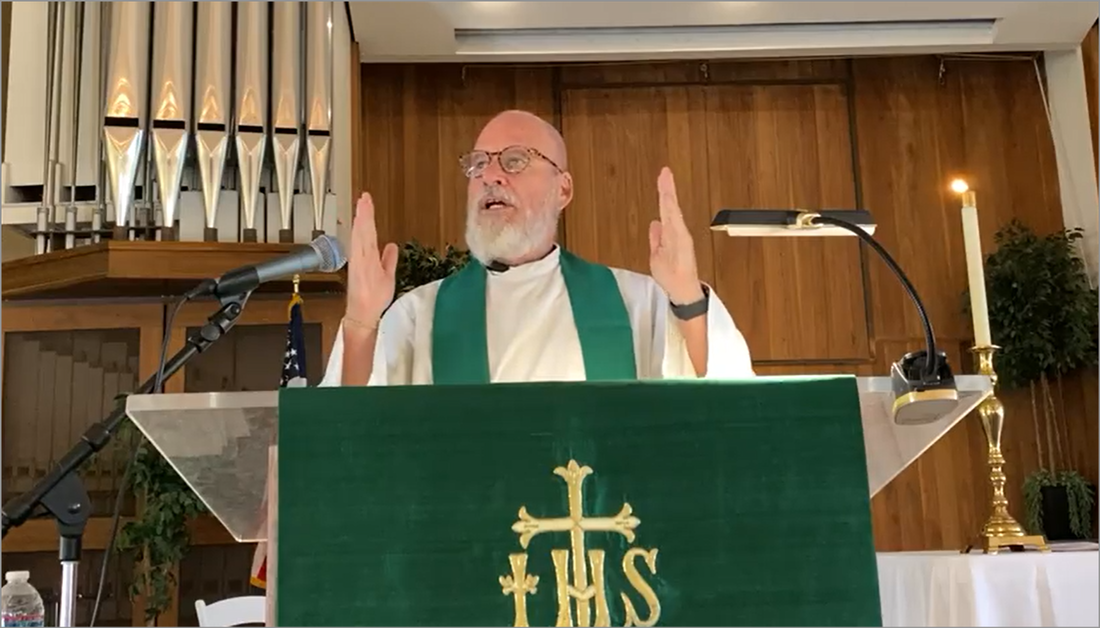
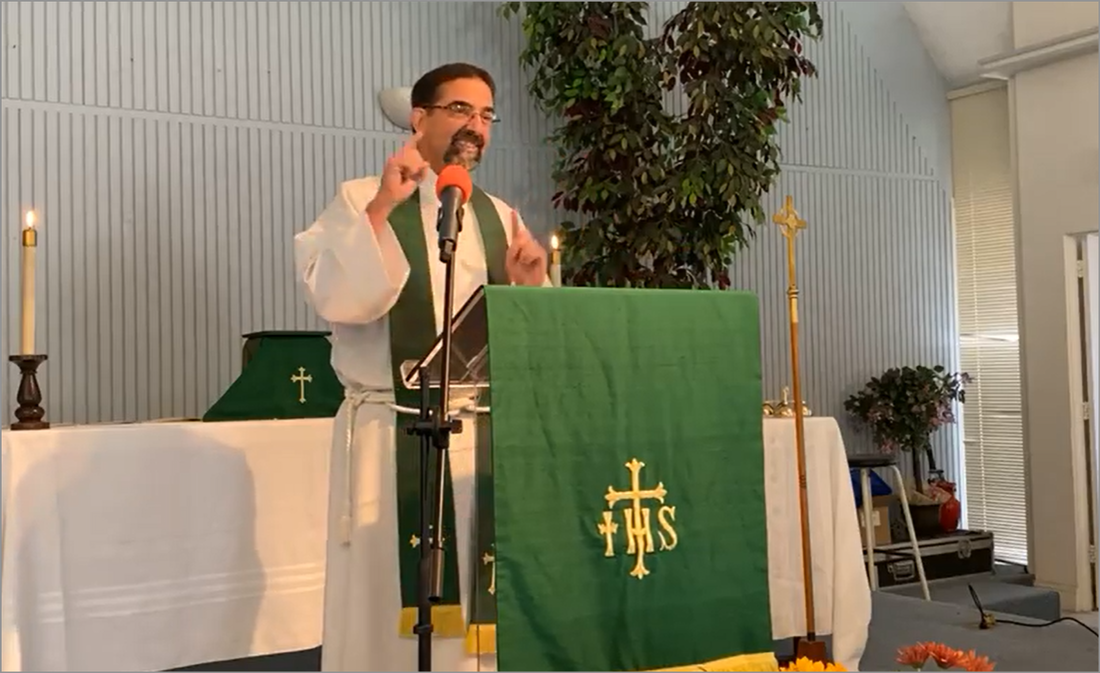
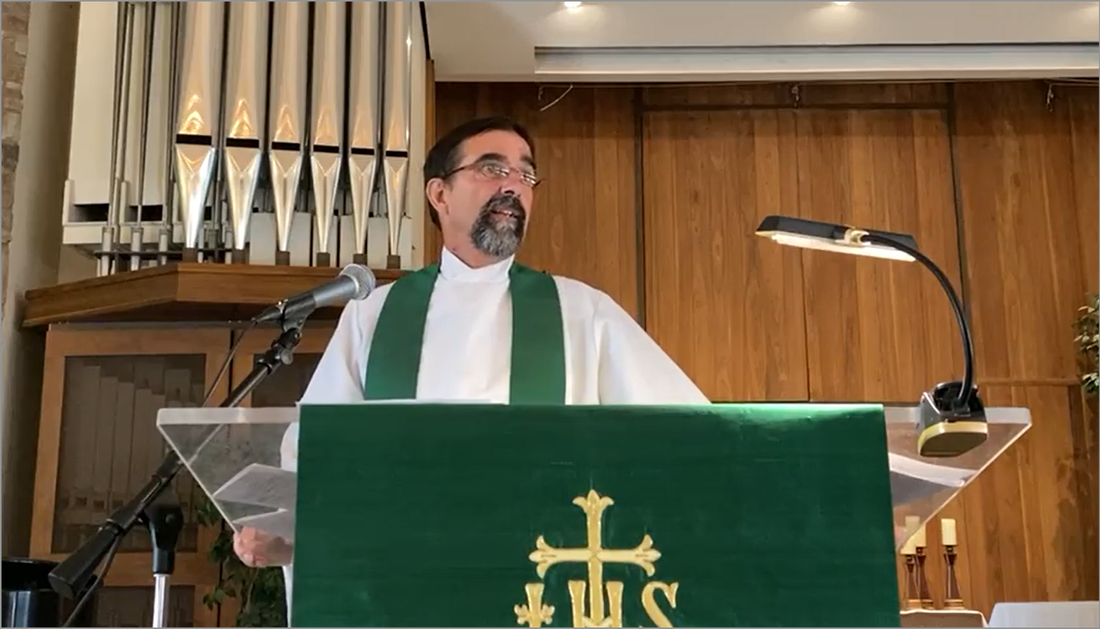
 RSS Feed
RSS Feed